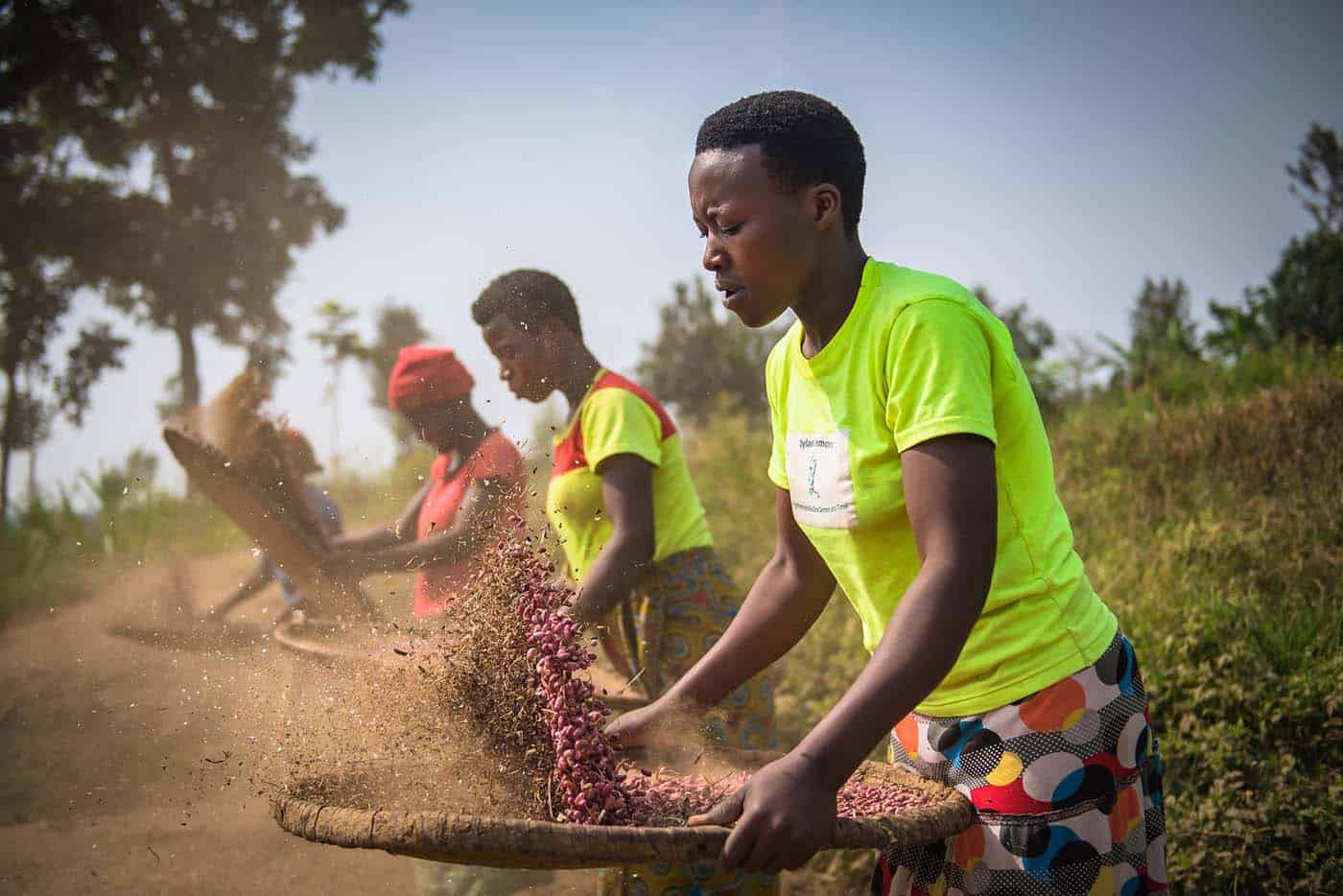
Localization Focal Point of Data-Driven Decision-Making for ME&A-Led Team in Rwanda
Locally led development is key to improving USAID/Rwanda’s performance monitoring, evaluation, collaboration, learning, and adapting processes to incorporate data in all decision-making under the ME&A-led Collaboration, Learning, and Adapting Activity (CLAA).
Since the five-year, $10 million activity kicked off in December 2021, the CLAA team has focused heavily on localization and building partnerships with local monitoring, evaluation, and learning (MEL) firms, stakeholders, and development actors (local organizations and international partners in collaboration with USAID/Rwanda). The CLAA provides on-the-job training for MEL firms, facilitates work experience for early-career Rwandan MEL experts, and fosters improved partnerships between USAID/Rwanda and local MEL providers. This improves both the supply and demand for MEL and Collaborating, Learning, and Adapting (CLA) experts available to work on USAID-funded activities as well as for government institutions and other international donors for years to come.
CLAA is also providing a platform for USAID/Rwanda to partner with local MEL firms by issuing sub-awards to local firms to carry out specific evaluations and assessments for USAID/Rwanda. The goal is to build innovative ME&L systems that are flexible, locally responsive, and result in sustainable solutions relying on locals’ capacity, leadership, and resources to transform these solutions into reality.
Achievements since the project start date include a health systems strengthening stakeholder consultation workshop, facilitation of a USAID/Rwanda Education Office stakeholder consultation workshop for the deaf as well as the Orphans and Valuable Children Dreams Activity co-creation conference, a lessons learned meeting, a third-party monitoring scope of work, and a portfolio review. Portfolio reviews enhance strategic collaboration with host countries, strengthen knowledge transfer among staff and partners, and ensure lessons learned and changes in a Mission’s internal and external environments are reflected in programming.
Upcoming events and outputs include a Mission-wide learning assessment, a midcourse stocktaking of the Rwanda Country Development Cooperation Strategy (CDCS) 2020-2025, creating and maintaining an up-to-date database on local ME&L firms, review and lessons learned development around a social and behavior change report for the USAID Rwanda Health Office, and developing evaluation action plans/management response to evaluation recommendations. This includes a monitoring plan and establishing a database of metadata for re-analysis.
USAID/Rwanda awarded ME&A the CLAA task order under the USAID/Kenya and East Africa Evaluation, Assessments, and Analyses Indefinite Delivery Indefinite Quantity (IDIQ) Contract. CLAA’s objectives are to increase USAID/Rwanda learning and adaptation, forward data- and evidence-based programmatic decision-making, provide facilitation services, build the capacity of Rwandan ME&L practitioners and firms, and provide technical assistance. ME&A’s services under CLAA include designing and implementing quantitative and/or qualitative evaluations studies, assessments, and analyses; knowledge management; and developing and delivering trainings for USAID staff, implementing partners, community organizations, and national and regional government partners.


